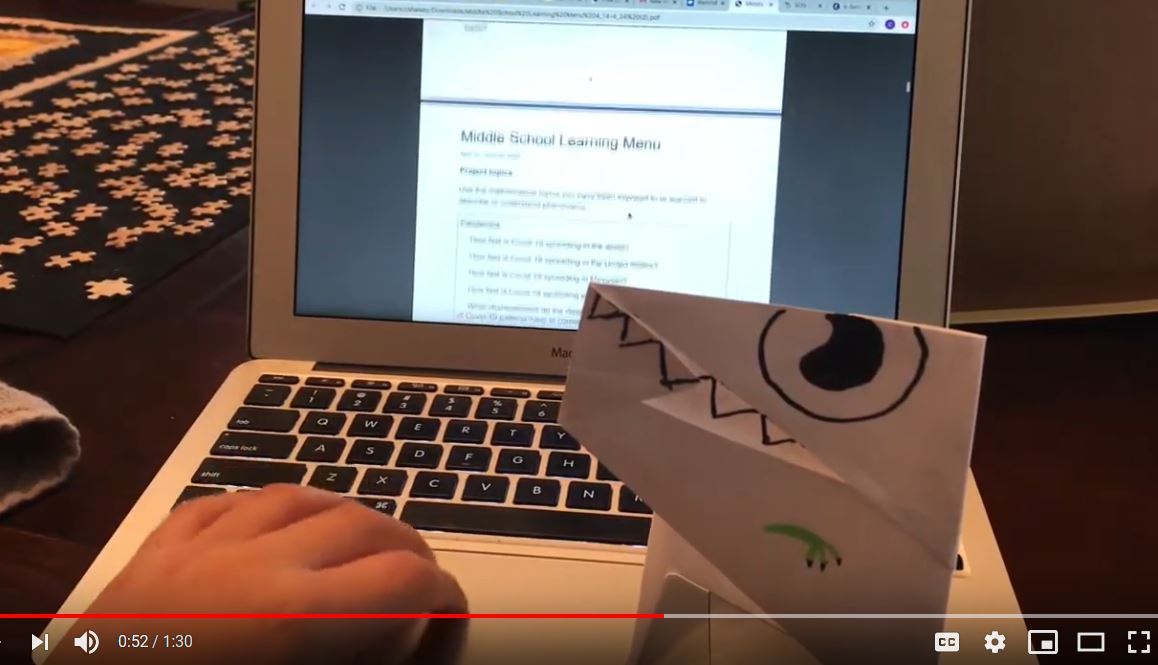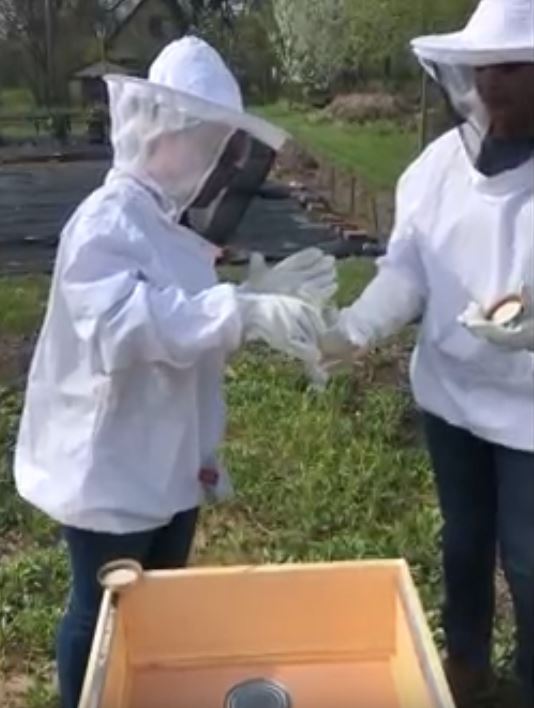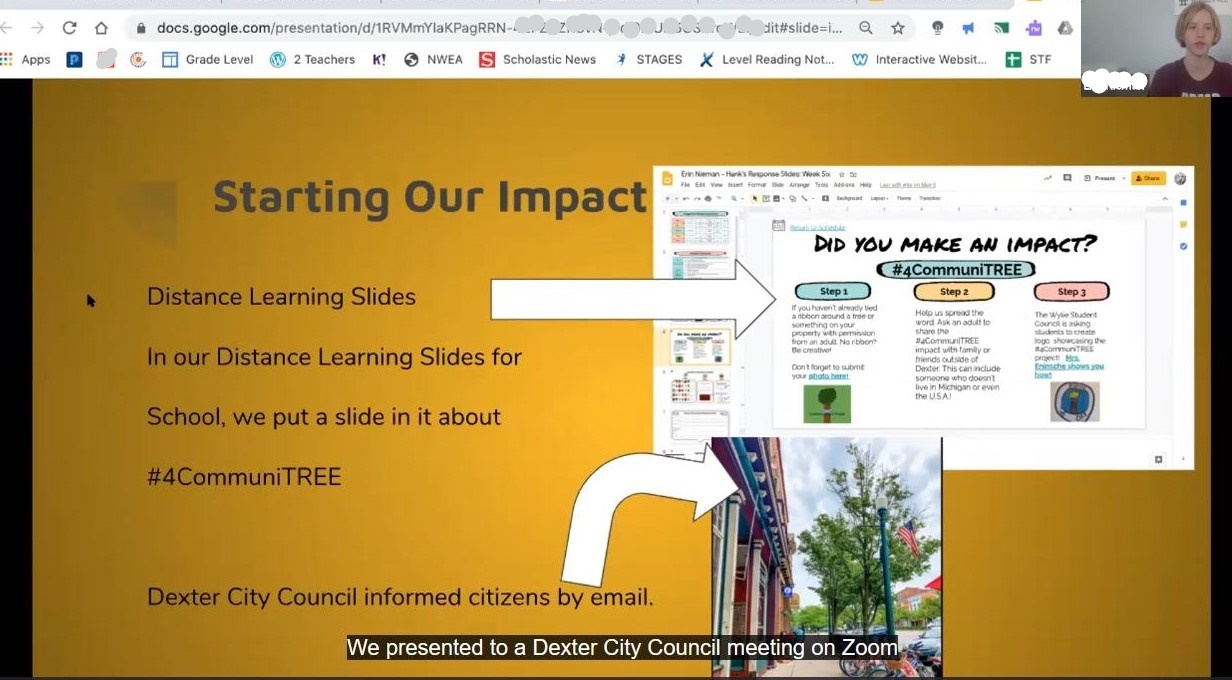Place-based education (PBE) is an approach to teaching and learning that uses the local environment and community to investigate content and engage students in stewardship and civic action. PBE, at its root, is a humanizing practice that puts youth and community at the center. It can also use local issues to explore global phenomena. An inquiry can start with student experiences and lead to an exploration of content and action in the local community. Alternatively, something can happen in the world that has the potential to broaden our perspectives, compassion, and feelings of who and what we are responsible for, and we can use that event to ask what implications it has for us locally.
The SEMIS Coalition believes that using a place-based EcoJustice approach to education empowers both youth and educators to learn rigorous content, explore and make connections within their local communities, and to be prepared to make responsible, ethical decisions as adults. In this spirit, the SEMIS Coalition supports educators in a series of professional learning experiences throughout the year, and also provides opportunities for students to showcase the place-based work that they have done with those SEMIS supported teachers and partners. The SEMIS Community Forum usually consists of students from schools across southeast Michigan coming together to share the stories of their place-based learning with each other, and the broader community. This year, the SEMIS Coalition adapted the Community Forum experience for a virtual setting so that students could continue to share their stories during the Covid-19 pandemic.

The James and Grace Lee Boggs School Student Presentations: June 4, 2020
The James and Grace Lee Boggs School in Detroit, MI is a K-8 public charter school founded on place-based education. During the last three months of the 2019-2020 school year, schools, teachers, students, and families had to adapt to an unforeseen pandemic in ways we couldn’t have imagined before. Teachers at the Boggs School provided students with “learning menus” every two weeks between March and June that allowed students to choose from a variety of assignments to engage them in schoolwork at home.
These learning menu assignments reflected an adaptation to remote learning and a deep commitment to student choice, voice, and engagement. In some cases, the learning menus allowed teachers to connect with students in a way that had not been possible before the pandemic. Presentations by Boggs Middle School students focused their presentations on passion projects and learning menu assignments they have undertaken during this unprecedented remote learning time.
Each student shared their personal experience through different formats including a video documentary of backyard beekeeping, an iMovie
production starring a very keen dinosaur navigating daily life in the pandemic, a demonstration of an at home science experiment, a powerpoint presentation about the Chilean uprising and its connections to Detroit protests, and a testimonial of student mentorship during the pandemic.
Audience reactions to the students’ presentations were overwhelmingly positive. Many participants spoke of the bravery and passion of the student presenters, the richness of the learning menu projects and gratitude for the Boggs school teachers for nurturing the learning menu idea. Audience members also expressed gratitude to the students for giving them hope.

Learn more about the James and Grace Lee Boggs School: http://www.boggsschool.org/

#4CommuniTREE Wylie Elementary School Student Presentation: June 8, 2020
Wylie Elementary School, a public 3-5th grade school in Dexter, Michigan, has embraced place-based education and has worked to engage students even in the face of a global pandemic. Before the pandemic, 4th grade Wylie students began an investigation of the United Nations Sustainable Development Goals. Students wanted to make a positive impact in their community and beyond. They were interested in water quality, and this curiosity led to an inquiry about the Flint Water Crisis. During this inquiry, students learned about Amariyanna “Mari” Copeny, known as Little Miss Flint, a youth water rights activist from Flint. Wylie students wanted to understand what it means to be an activist and how to understand the impact activists make. They created a compassion campaign called #4CommuniTREE using the Google My Maps tool, which tracked ribbons tied to trees to show unity throughout their community and elsewhere.
Much of the project was completed after students moved to virtual learning at home because of the pandemic. This presentation explained their journey from idea to implementation through their interactions with the city council, each other, and the community. Students responded to questions from participants after their presentation.
Audience reactions to the students’ presentations were overwhelmingly positive. The theme of collaboration and care for others was strongly noted by participants from the presentation. Many participants also spoke of the bravery, hard work, and passion of the student presenters.Other comments reflected a sense that PBE can still be powerful through distance learning and a sense of hope and inspiration from the work that the students presented.
